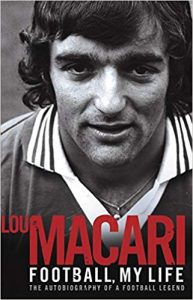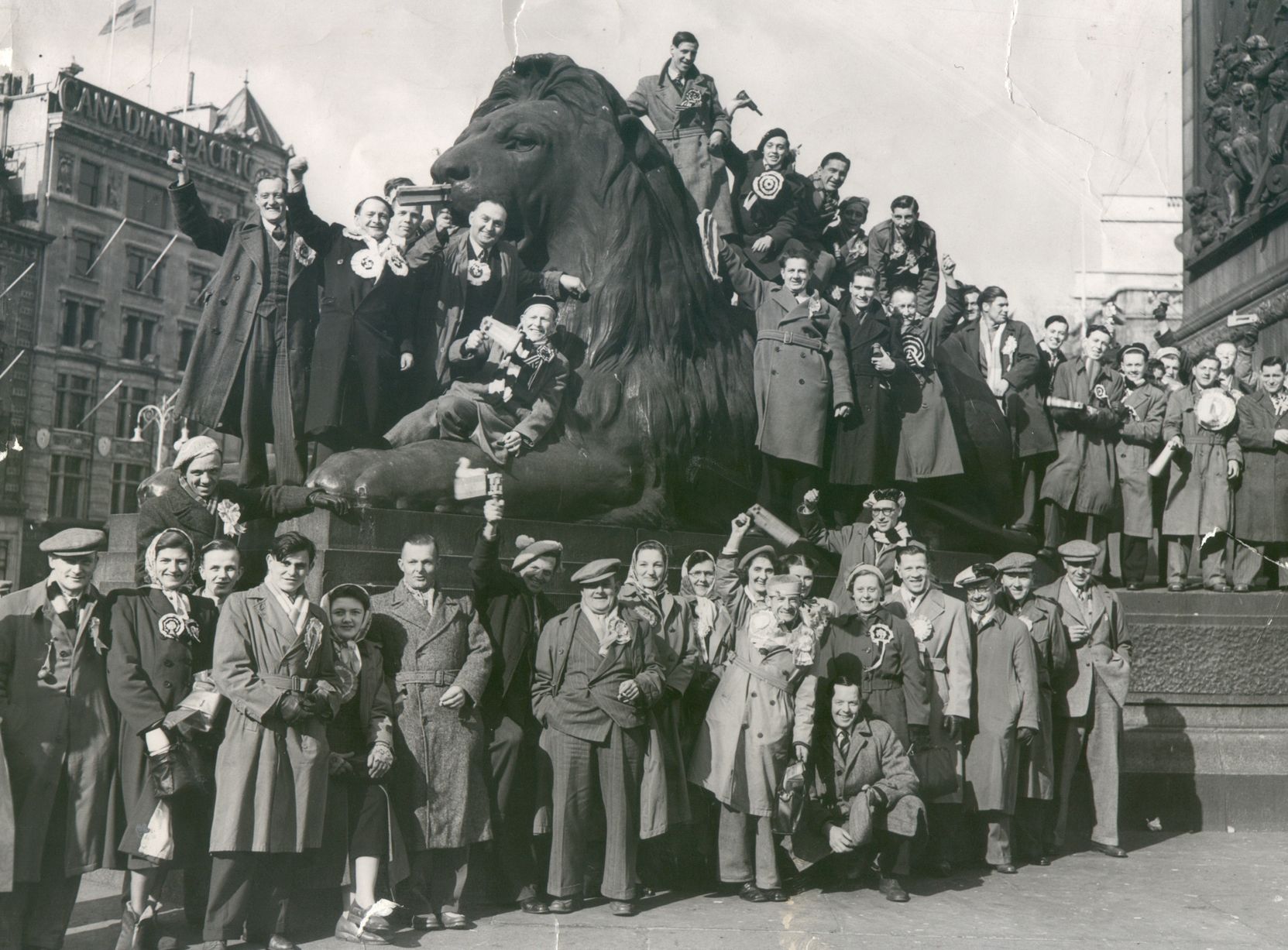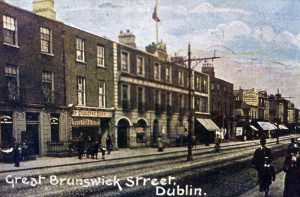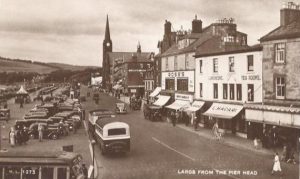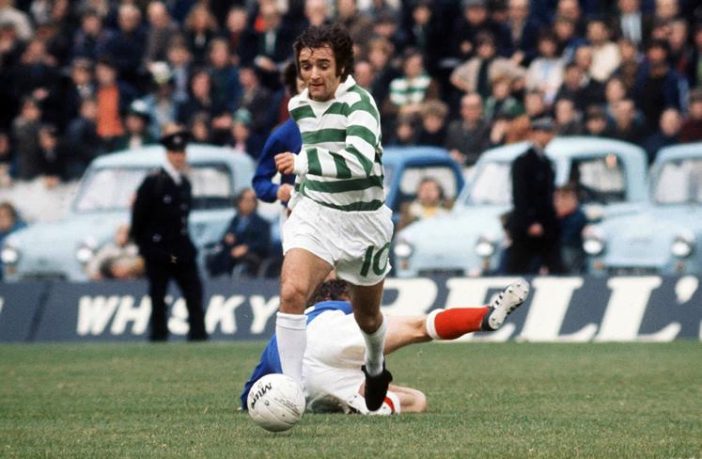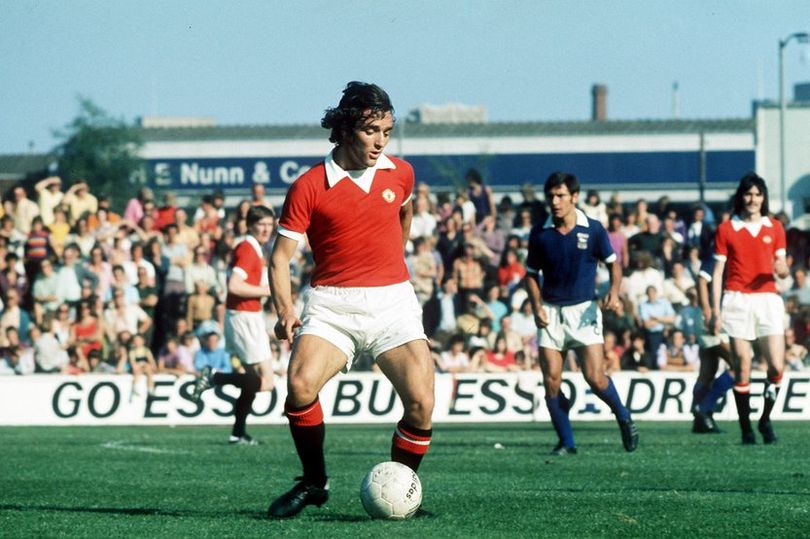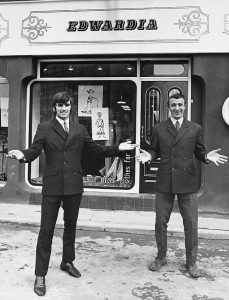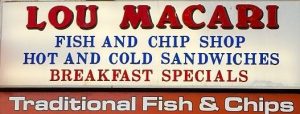
After the football and cricket grounds, Macari’s chip shop could reasonably claim to be the best-known building in Old Trafford. It’s a constant amidst change, as each passing year spells the end for more well-loved landmarks (the Throstle’s Nest may be an excellent block of flats, but I preferred it as a boozer, thank you very much).
Interestingly though the shop is far from unique, as you would soon discover if you mentioned Macari’s chips in Dublin. There are literally dozens of Macari chip shops in and around the city, and elsewhere in Ireland – Dunboyne, Bettystown, Tallaght, Naas, Blackrock, each has it’s Macari “chipper”.
Fish and chips are believed to have been brought to Dublin in the 1880s by Italian labourer Guisseppe Cervi. They were sold from handcarts until another Italian, Gino Di Mascio, opened the first chip shop in the 1920s. Italian chipper entrepreneurs came to Ireland via Paris, then Scotland or resorts in the south of England, and Italian families – the Borzas, Macaris, Apriles to name just a few – built businesses that thrive to this day. (Many of them, the Macaris included, originate from one small Italian town – Val de Comino, between Rome and Naples.)
There is a Macari’s in Worthing and another in Lochgelly, illustrating that not all chip families made it across the water. Lou (or Luigi, to give him his full name) Macari’s family settled at Largs in Fife, where his paternal grandparents opened a café on the seafront. Lou moved there with his mother and father in 1958, when he was nine. He was spotted by Celtic while playing for Ayrshire, joining Dalglish, Hay and McGrain in the so-called “Quality Street Gang” at Parkhead.
- quality
- 1973
In an era when footballers tended towards glamorous business ventures, Lou’s purchase of a shop in a run-down terrace near a football ground was suprisingly prosaic, not least for its timing. In May 1978 he was en route to 24 Scottish caps and half way through a Manchester United career that saw him amass 404 appearances and 97 goals. He was a pivotal member of Tommy Docherty’s exciting mid-Seventies team, winning the Second Division title in 1975 and scoring the winner in the 1977 FA Cup Final.
Its circumstances, however, spoke volumes. The chip shop was a gift for his widowed mother, the idea being that she would move to Manchester and run it. Sadly she died in tragic circumstances before that could happen.
Lou’s autobiography Football – My Life explains this, and some of the other troubles he has had to deal with on and off the pitch. His chip shop is one of the constants, and very close to his heart. He recently tweeted “I’ll never sell it. It will always be family owned.”
